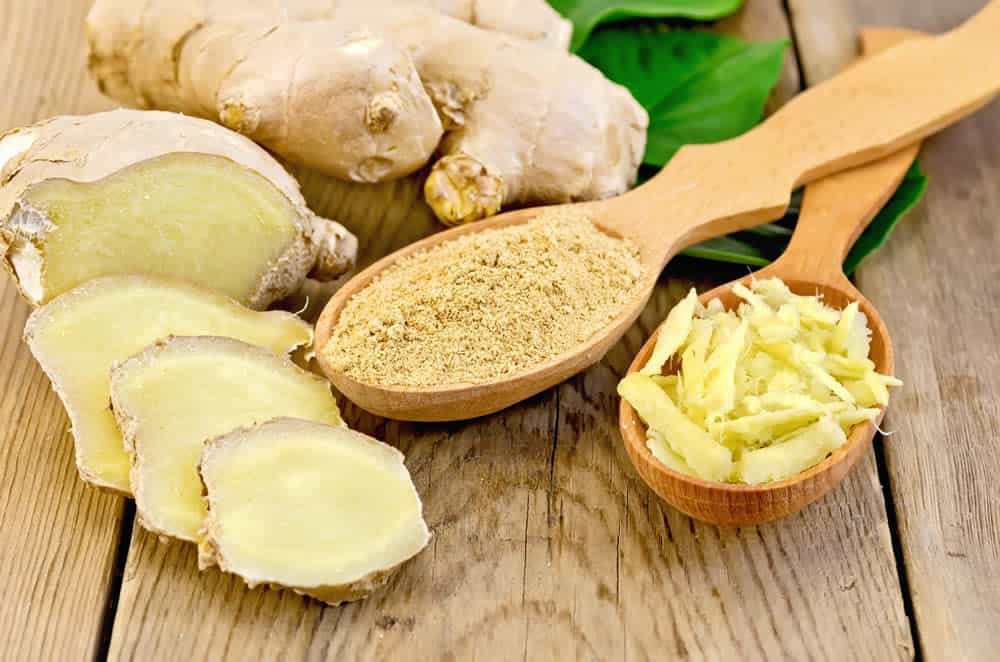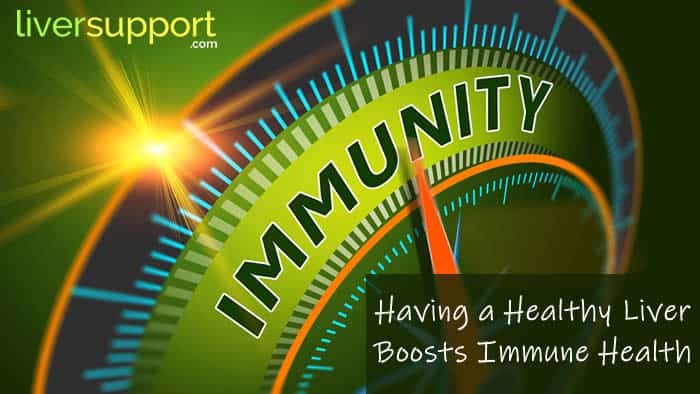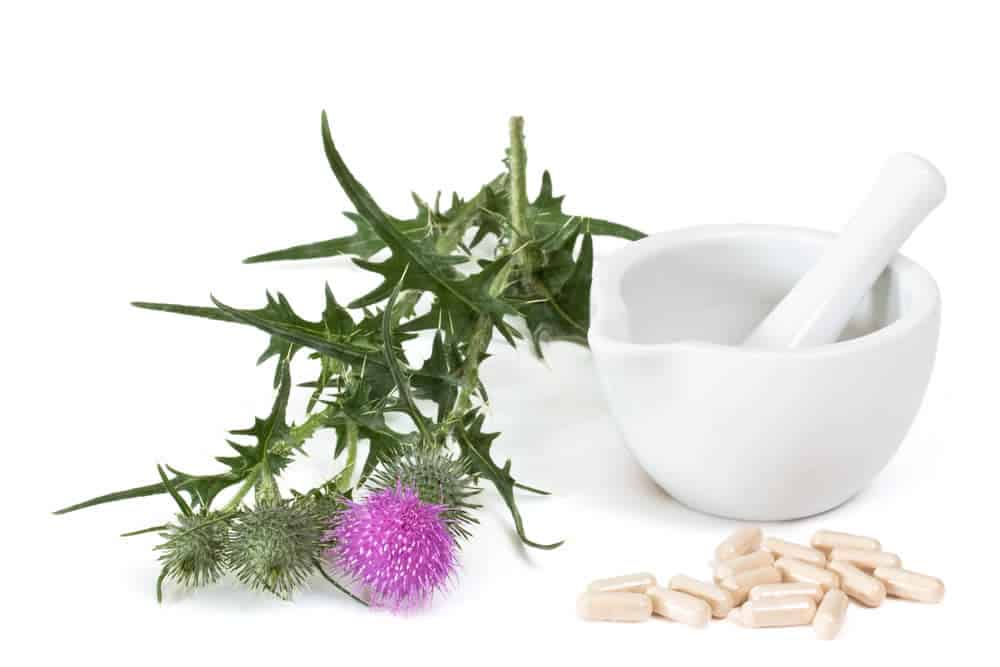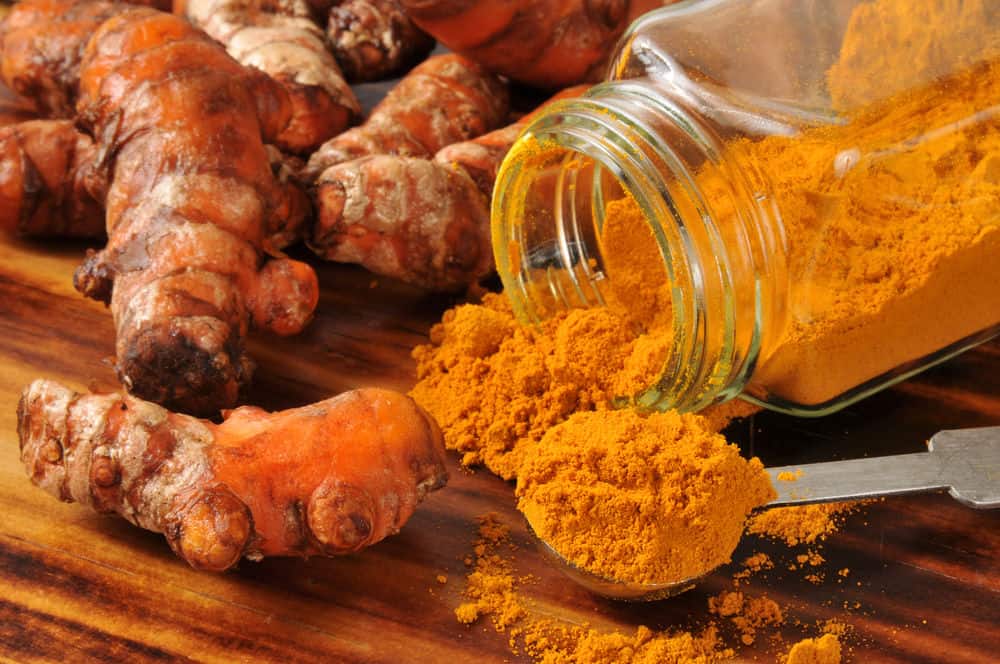
Previous
High Liver Enzymes – 8 Best Natural Solutions to Lower Them

Next
A New Reliable Way to Test Liver Fibrosis and Cirrhosis
Having a Healthy Liver Boosts Immune Health
Did you know that your liver plays an integral role in the health of your immune system?
The liver has recently been described as an important organ of the immune system with many unique properties. These include the induction of immune tolerance, the presence of a strong innate immunity, and playing an integral role in adaptive immunity.
Hepatocytes (the working cells of the liver that act like sorting centers determining which nutrients should be processed and which ones should be stored, what should be eliminated by the stool and what should go back into the blood), for example, are responsible for the production of 80-90% of the circulating innate immunity proteins in the body and the liver contains many in-house immune cells. (1)
Specifically, the Liver:
- creates immune system factors that can fight against infection
- participates in a complex interaction of hepatocytes, other liver cells, and immune cells
- plays a key role in control of liver and systemic infections
- hosts the single largest pool of macrophages called Kupffer cells, which play a key role in removal of insoluble waste
- is enriched with another immune cell, the natural killer cell (NK cell)
The liver is also ideally situated to detect, capture, and get rid of bacteria, viruses and large molecules that do not belong. This organ is an ideal barrier between us and the outside environment.
Also, as portal blood delivers several foreign but harmless molecules like food antigens the liver’s default immune status is anti-inflammatory or immune-tolerant, a rather contradictory situation but one that makes perfect sense. You do not want the liver to mount a defense against itself because of the presence of toxins or pathogens. This balance between immunity and tolerance is essential to the liver’s health.
Excessive inflammation without infection leads to liver injury and possible tissue damage, yet insufficient immunity allows for chronic infection and cancer. Dynamic interactions between the large population of immune cells in the liver is key to tissue health. Thus, we have innate and adaptive immunity in the liver. (2)
Innate Immune System
The innate immune system of the liver coordinates all the immune cells during local or systemic responses. Massive loads of harmless dietary and other products in the bloodstream are potentially threatening but the liver needs to be able to tell the difference. The liver must provide protection against infectious invaders and potentially cancerous cells while at the same time tolerating harmless chemicals that we may need for our functioning and survival. (3)
The innate immune system is the first line of defense and is known for its ability to distinguish between cells that originate from itself and those that are invaders (self vs. not-self). Its members are classic immune cells such as neutrophils, monocytes, dendritic cells, natural killer cells (NK cells), macrophages, and innate lymphoid cells. T-cells and B-cells are examples of lymphoid cells that are responsible for immunity.
Adaptive Immune Response
The adaptive immune system developed after innate immunity. It occurs as a second phase of immune response governed mainly by lymphocytes that are characterized by antigen-specific response and memory response. In other words, an antigen is a harmful substance like a viral infection such as the cold or flu which causes the body to make antibodies, so an antigen specific response is a response to that particular invading substance.
Immune memory is the hallmark of adaptive immunity. During an immune response B and T cells create memory cells. These are clones of the B and T cells that remain in the body holding information on each threat the body has been exposed to. The main adaptive players are T cells and B cells, specific types of lymphocytes. Lymphocytes are part of our immune defense system and consist of cells that produce antibodies and destroy other cells that could cause damage to the body.
In adaptive immunity, the liver promotes immune tolerance to macromolecules absorbed from the g.i. tract that are potentially antigenic.
Liver Immunology and Herbal Therapies
Herbal treatments with immunological effects have the potential to keep the liver healthy and functioning at its peak capacity. The delicate homeostasis between innate and adaptive defense against threats without triggering harmful immune responses towards self-structures is controlled by the liver and herbal formulas can keep the liver in balance.
Some research on herbal treatments has shown that herbals might affect inflammatory cytokine and immunoglobulin secretion, receptor expression, histamine release, lymphocyte growth and reproduction, and cell toxic activity – thus modifying immune functions.
The herbs most beneficial to liver health are: (3)
Milk Thistle
Milk Thistle decreased liver enzymes in patients with liver damage. Moreover, it has been claimed that silymarin (milk thistle) preparations are the principal therapeutic of choice in liver diseases caused by oxidative stress. Silymarin is anti-oxidative, anti-fibrotic, anti-inflammatory, and liver regenerating with immunomodulating effects.
Silymarin acts like a gatekeeper, protecting the liver from toxins and free radicals. One of the most important functions of milk thistle is to increase your body’s production of glutathione, the master antioxidant and the one most present in the liver. (4)
Artichoke
Artichoke prevented oxidative stress-induced liver toxicity and acted as a liver protectant in some studies. Inulin, obtained from artichoke, stimulates components of the immune system. Artichoke contains cynarin which has been found to increase the production of bile in the liver making detoxification processes in the body more efficient. (4) Artichoke also contains silymarin.
Turmeric
Tumeric is liver protective while amplifying anti-inflammatory cytokines signifying a dual immunomodulating role. Tumeric reduces the risk of fatty liver disease. Its potent anti-inflammatory properties help to defend the liver from harmful free radicals and may even reduce the risk of cancer-causing cells forming in the body. (4)
Licorice
Licorice has shown immune modulating and liver protective roles.
Ginger

Ginger is known worldwide for its anti-inflammatory effects. Inflammation is a key player in the development of fatty liver disease. Some studies have shown that, in patients with fatty liver disease, the inflammatory cytokine TNF-a is an important feature in liver fibrosis. Ginger supplementation has been found to decrease TNF-a. (4)
Other herbs of scientific interest in liver immunology include:
- Fennel
- Chicory
- Daisy
- Chamomile
- Dandelion
- Coffee
- Holy basil
- Rosemary
- Red sage
- Beetroot
- Yellow dock root
- and Rhubarb (3)
Liver Immunology and Nutrients
There are several liver-boosting nutrients that we should be getting in our diet or supplements to support our liver in its immune functions.
These include: (5)
-
- N-Acetylcysteine (NAC) can help protect from low oxygen damage in the liver. NAC is also the precursor to glutathione, one of the protective antioxidants in the liver. There are no food sources for NAC. NAC is made from the amino acid cysteine or taken in supplemental form.
- Vitamin E can help to downregulate genes involved with oxidative stress and cholesterol production. Lowering both factors will aid you in liver repair and liver detox.
- Vitamin C is a cofactor in the utilization of vitamin E and works best to maximize vitamin E’s effectiveness. Vitamin C may also offer protection from the pesticides and other toxins that our liver is working to neutralize. NAC helps to recycle vitamin C so that it can have more antioxidant potential, a synergistic relationship between nutrients.
- Lecithin seems to increase bile production as well as to prevent the elevation of liver enzymes.
- Vitamin D is correlated with fatty liver disease. Low vitamin D levels are associated with all forms of liver disease. A low vitamin D level can also exaggerate liver inflammation while increasing your vitamin D decreases the inflammation.
-
- Zinc is an essential trace mineral whose deficiency can impair liver repair and cause liver lesions due to inadequate wound healing. Zinc may be vital in preventing liver cirrhosis.
- Choline is a macronutrient present in the form of phosphatidylcholine, important in its role of keeping the liver free from harmful toxic buildups.
Other important nutrients may include:
- Omega-3 fatty acids
- Alpha lipoic acid
- Resveratrol
- and Quercetin (5)
Conclusion
The liver is intimately involved in immune health. As such an important organ in immunity it is necessary to keep the liver healthy to keep our immune system in balance. Fortifying the body with a good diet, exercise, herbs and nutrients are all ways we can keep your liver in balance and healthy.
- Gao, B. (2016) Basic liver immunology. Cellular & Molecular Immunology, 13:265-266. Retrieved from https://doi.org/10.1038/cmi.2016.09
- Kubes, P. and Jenne, C. (2018). Immune responses in the liver. Annual Review of Immunology, 36:247-77. Retrieved from https://doi.org/10.1146/annurev-immunol-051116-052415
- Balaban, Y.H. Aka, C., Koca-Caliskan, U. (2017). Liver immunology and herbal treatment. World Journal of Hepatology, 9(17):757-770. Retrieved from https://doi.org/10.4254/wjh.v9.i17.757
- Stone, K. (2018, August 8). 11 Natural supplements for healthy liver function. Balance One. Retrieved 5/24/2020 from https://balanceone.com/blogs/news/the-top-11-supplements-to-support-liver-function
- Watts, T., Davidson, J. (2019, January 11). 11 Nutrients to maintain optimal liver health. Detox Learning Center. Retrieved 5/24/2020 from https://microbeformulas.com/blogs/microbe-formulas/11-nutrients-to-maintain-optimal-liver-health








